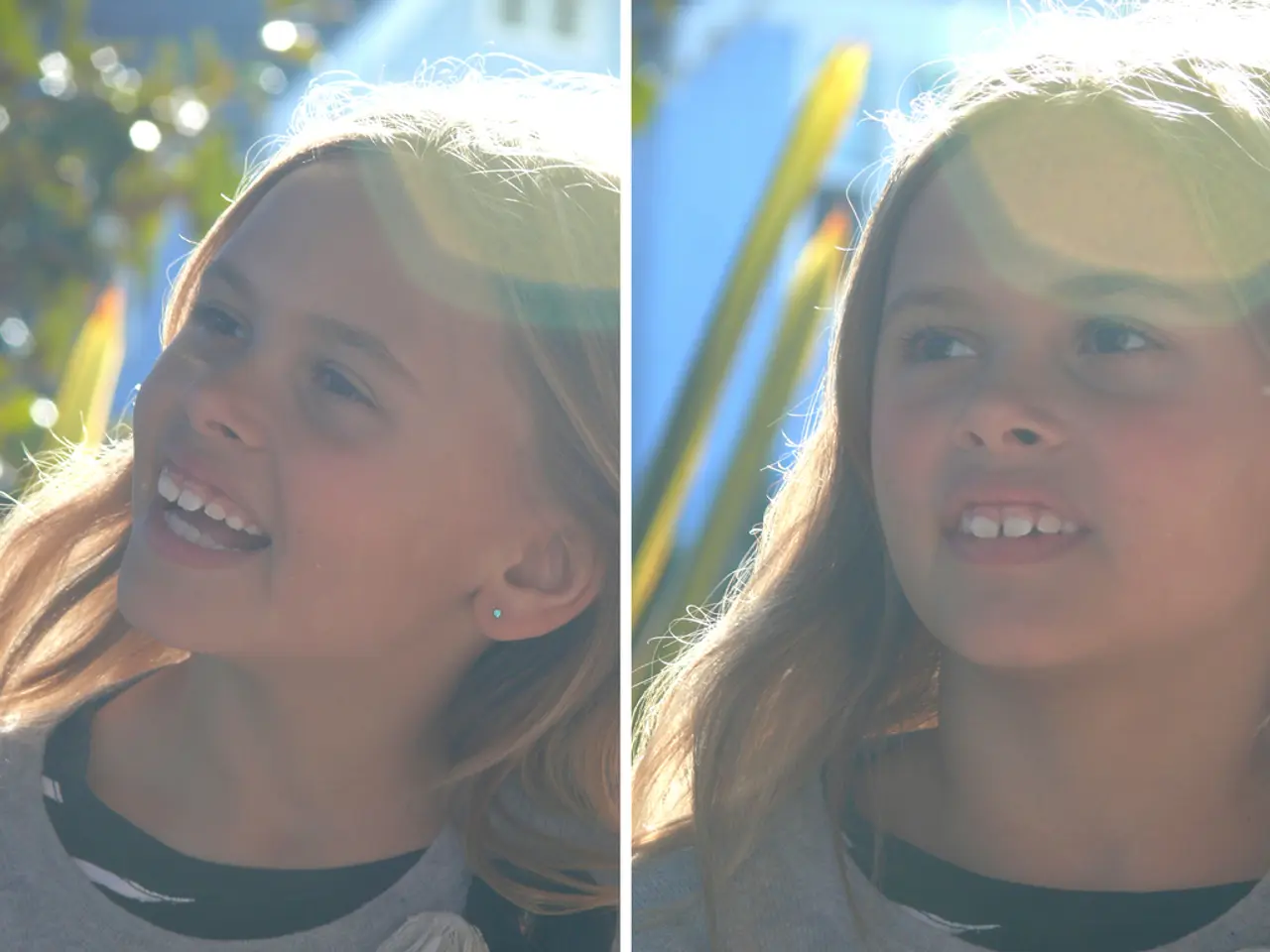Actor Embeth Davidtz Steps Into Directing Role for Don't Let's Go to the Dogs Tonight
Embeth Davidtz, best known for her acting roles spanning from the 19th century to the future, has now taken on a new challenge as a writer and director with her film, *Don't Let's Go to the Dogs Tonight*. The movie, based on Alexandra Fuller's award-winning memoir, offers a unique perspective on the complex legacies of colonialism and racism in Africa.
At the heart of the film is an eight-year-old girl named Bobo, portrayed by newcomer Lexi Venter. Davidtz reveals the human costs and pervasive racial prejudices embedded within colonial systems through Bobo's naive and lyrical perspective.
The film delves into the impact of colonialism on racial hierarchies, land ownership, and cultural identity. It examines how colonial frameworks shaped and maintained unequal social structures and control over land and resources. By contrasting the lives, struggles, and prejudices of Black Rhodesians and white farmers, the story intensifies the understanding of systemic racism through Bobo's innocent but questioning eyes.
Through Bobo’s point of view, viewers experience the day-to-day realities and contradictions of a colonial world, gaining insight into how such systems affect individuals on both sides of the racial divide. The film encourages audiences to not only consider African colonial legacies but also to draw parallels with other global histories of racial injustice.
Davidtz's film adopts a child's lyrical and curious narrative voice, making the heavy themes accessible and emotionally resonant. This approach allows the audience to engage with complex historical and social issues in a nuanced, humanized way.
Embeth Davidtz found the process of writing and directing the film to be a painstaking task, but the result fills her with pride and respect for her fellow writers. She cites Steven Spielberg's depiction of children in films like Empire of the Sun as a lasting inspiration, as well as Terrence Malick's use of voiceover in Days of Heaven and Badlands.
The film also features Zikhona Bali (Thando) as Sarah, a Black servant who cares for Bobo. Embeth Davidtz took creative liberties with the material, inserting some of her personal feelings about Africa.
Recently, the Alliance of Women Film Journalists named "Don't Let's Go to the Dogs Tonight" its July 11 Movie of the Week, highlighting its powerful critique of colonialism and racism and its unique narrative voice.
- Embeth Davidtz, previously recognized for her acting roles through various time periods, has embarked on a new role as a writer and director in the movie Don't Let's Go to the Dogs Tonight.
- The movie, derived from Alexandra Fuller's award-winning memoir, provides a distinct viewpoint on the enduring legacies of colonialism and racism in Africa.
- The protagonist of the film is an eight-year-old girl named Bobo, played by newcomer Lexi Venter, through whom Davidtz reveals human costs and deep-seated racial prejudices within colonial systems.
- The movie explores the consequences of colonialism on racial hierarchies, land ownership, and cultural identity, showcasing how colonial frameworks established and maintained unequal social structures and control over land and resources.
- By juxtaposing the lives, battle, and prejudices of Black Rhodesians and white farmers, the story intensifies the comprehension of systemic racism through Bobo's innocent yet questioning viewpoint.
- Viewers observe the day-to-day realities and contradictions of a colonial world as seen through Bobo's lyrical and curious perspective, gaining insights into how such systems influence individuals on both sides of the racial divide.
- Davidtz's film utilizes a child's lyrical and curious narrative voice, making the heavy themes digestible and emotionally impactful, and allowing audiences to engage with complex historical and social issues in a nuanced, humanized manner.
- Embeth Davidtz considers the process of writing and directing the film challenging, but the finished product fills her with pride and admiration for her fellow writers, citing Steven Spielberg's portrayal of children, for instance in Empire of the Sun, and Terrence Malick's use of voiceover in Days of Heaven and Badlands, as lasting inspirations.




